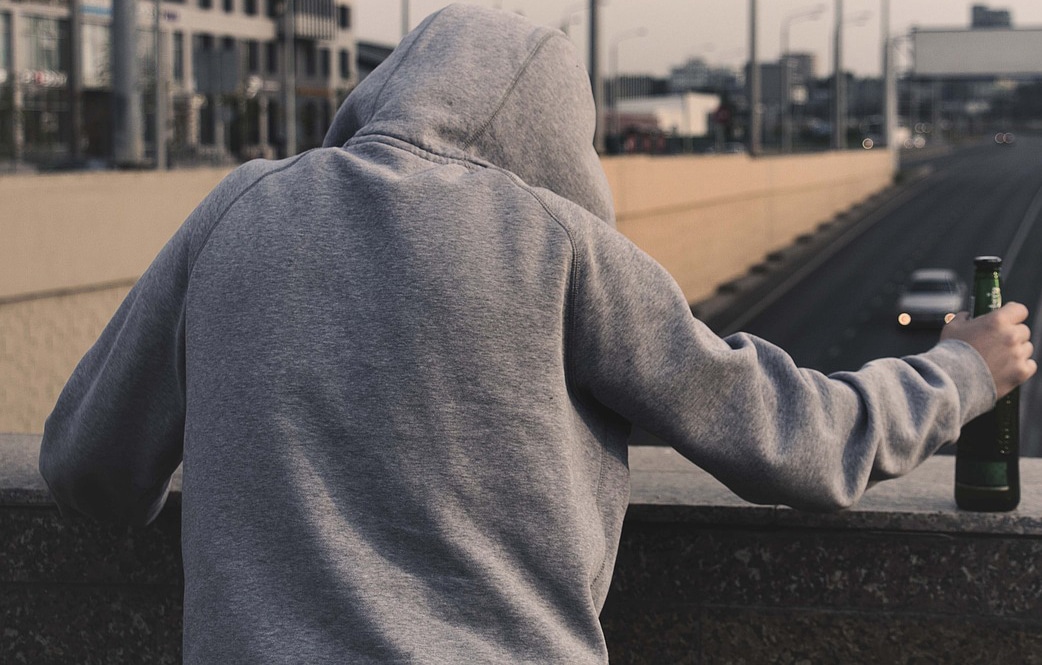Around half of schoolkids in Cyprus have tried alcohol at least once, according to an HBSC survey on health behaviour in school-age children, with officials saying the data is alarming.
In the survey, HBSC Cyprus presents trends in the use of addictive substances by students, including data on the use of alcohol, cigarettes (conventional and electronic), hookah and cannabis.
Held every four years in 51 countries around the world, the survey examines the behaviour of pre-teen and teenage students aged 11, 13 and 15, corresponding to those in last year of primary school, second year in lower secondary (gymnasium), and first year in upper secondary (lyceum).
The body implementing the research in Cyprus is the education ministry’s centre for educational research and evaluation.
Cyprus participated in the survey in a pilot phase in 2018, while the main survey was conducted for the first time in 2021-2022, with the participation of approximately 4800 students.
Although some indicators regarding the use of substances by students show a downward trend, the frequency and the reasons for use cause concern, deputy director of the paedagogical institute Elena Hadjikakou told the Cyprus News Agency (CNA).
According to the numbers, alcohol use by children is seeing a downward trend, but the percentage remains high, with 73 per cent of first-year lyceum students answering they have tried alcohol.
Among those in their last year of primary school and second year of lower secondary, 22 per cent and 44 per cent respectively answered they have tried alcohol at least once, and generally 15 per cent of children participating said they have consumed alcohol to the point of intoxication.
“Of course, the fact that roughly half of the children of these ages have tried alcohol at least once in their lives (48.1 per cent of boys and 44.4 per cent of girls) worries us,” she said.
Accordingly, in the 2018-2019 pilot survey, an average of 60 per cent of students reported drinking alcohol at least once, with older students reporting more frequent alcohol use. Also, more than half of the students (52.2 per cent) reported consuming alcohol more than once during the past 30 days.
When it comes to smoking, the 2021-2022 data shows that there is a misconception among children that e-cigarettes are a safer option than conventional smoking.
It is also mentioned that the downward trend in the use of conventional cigarettes may be due to this phenomenon and thus this result is not considered reassuring.
As for cannabis, 7 per cent of 15-year-olds said they have tried it at least once, with 5 per cent of boys saying they use it regularly. The percentage is much lower for girls, amounting to 0.5 per cent.
“Although these percentages seem low, they need further analysis since they concern only 15-year-old children,” Hadjikakou said.
She added that the factors that may push children to use substances like alcohol, conventional or electronic cigarettes, hookah or cannabis could be internal, biological factors, or environmental, social and institutional factors.
“Social environment is considered an important factor,” Hadjikakou said, explaining that this encompasses human relationships, family and school, and any family problems, such as the death of a parent, divorce, lack of love, physical or mental abuse, and financial independence. She also said that children with families affected by addiction are considered vulnerable.
The deputy director said that the education ministry and the addictions authority have developed a series of actions aiming to prevent and deal with substance use by students.
As part of this, schools are asked to create a positive climate when it comes to practical support for vulnerable groups, and focusing on empowering male and female students through a network of supportive interventions.
In this context, Hadjikakou said there are web programmes for secondary school students, and a scheme providing free sports equipment to encourage more vulnerable students to do sports.
Another action, which was implemented just last year, is entitled “Reading bags for vulnerable families at home”.
Addictions authority director Constantinos Stylianou told CNA that at the moment there are approximately 12-15 licensed programmes for the prevention and treatment of substance use by minors, in many of which the authority cooperates either with the ministry of education, or with sports authority KOA, NGOs or with local government.
He noted that these programmes are evaluated every four months, in order to establish their effectiveness and to continue securing funding.







Click here to change your cookie preferences